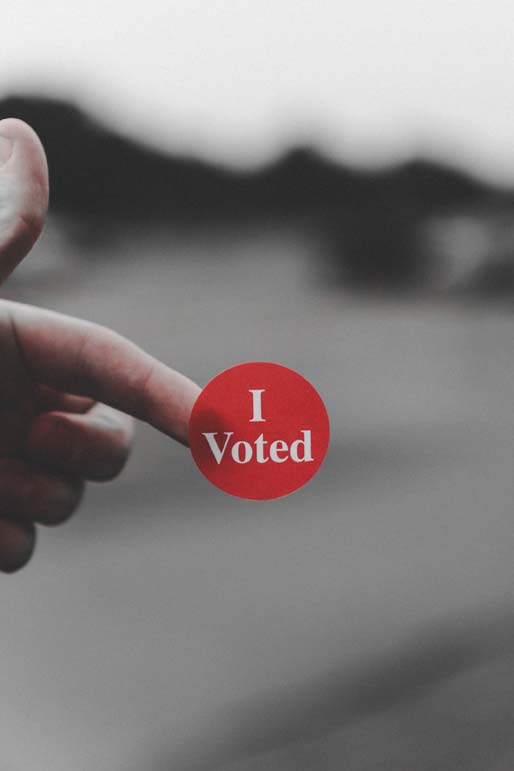
The provocative
Some polls have indicated that Trump's approval rating among black voters is close to 20 percent. That is far higher than the 8 percent of the
A recent, admittedly controversial Rasmussen Reports poll showed
Even 20 percent
But far more importantly, an estimated 2 million of the
Even a small drop in
Republican presidential candidates now routinely win 55 percent to 60 percent of the so-called white vote, and about 70 percent of voters are white. That lopsided margin may widen further, given that progressive
With continually diminishing white support,
Roughly a third of Asians and Latinos vote Republican, and voter turnout among these groups generally isn't as strong as it is among whites and African-Americans.
But why is the supposedly odious Trump having any success in undermining the traditional marriage between African-Americans and
The most recent jobs report revealed that the unemployment rate for
Under Trump, the economy is growing at nearly 4 percent per year. The robust growth coincides with Trump's effort to curb illegal immigration and imported labor. The net result has been to empower minority job applicants in ways not seen in nearly half a century.
Trump's implicit message is that every American worker is now crucial in maintaining the red-hot economy. In a job-short economy, laborers suddenly have a lot of leverage over their employers. And wages are rising.
Trump's nationalist message adds to this sense of empowerment, especially when he campaigns on putting Americans first in his economic decision-making.
A former entertainer, Trump is courting
Ironically, Trump is reaching out to the
Trump has other issues that might fuel the effort to redirect black support. Abortion, for example, is supposedly a Democratic sacrament. But few progressives talk much about the high rate of black abortions. African-Americans make up between 12 percent and 13 percent of the American population but account for as many as 35 percent of all abortions.
Yet liberal family-planning advocates were not always shy about their occasionally eugenics-inspired agendas of the past. The spiritual founder of
Trump should stress other issues that might appeal to African-Americans, such as the right of access to charter schools, and how boutique environmentalism and over-regulation drive up the cost of affordable housing, fuel and electricity.
Trump might also make it clear that his message is geared to all Americans, including African-Americans. As a group, they are already doing better economically today than during the Obama administration -- and everyone gains political clout when politicians must work for, rather than feel entitled to, their votes.
(COMMENT, BELOW)


 Contact The Editor
Contact The Editor
 Articles By This Author
Articles By This Author